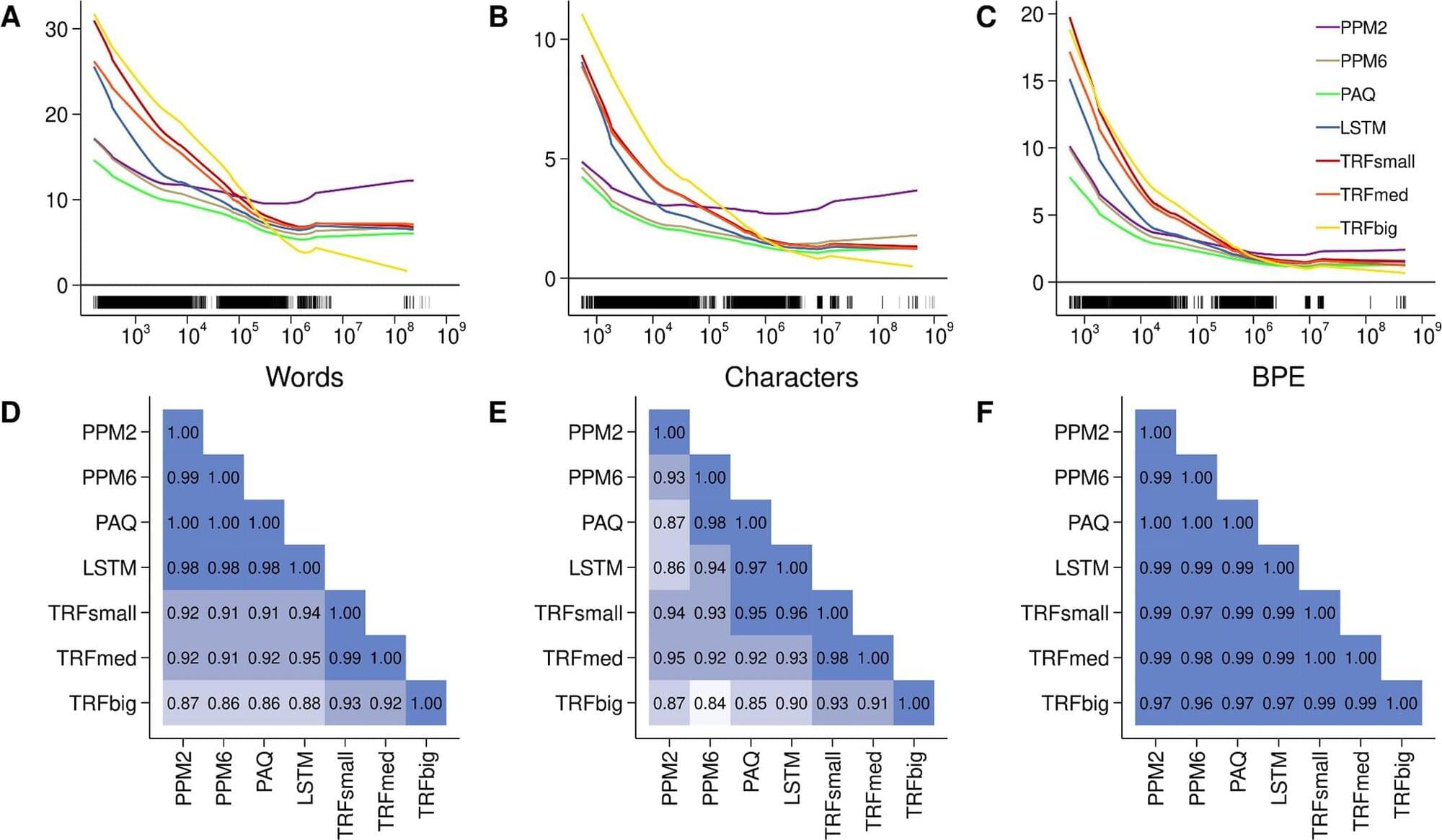How do languages balance the richness of their structures with the need for efficient communication? To investigate, researchers at the Leibniz Institute for the German Language (IDS) in Mannheim, Germany, trained computational language models on a vast dataset covering thousands of languages.
They found that languages that are computationally harder to process compensate for this increased complexity with greater efficiency: more complex languages need fewer symbols to encode the same message. The analyses also reveal that larger language communities tend to use more complex but more efficient languages.
Language models are computer algorithms that learn to process and generate language by analyzing large amounts of text. They excel at identifying patterns without relying on predefined rules, making them valuable tools for linguistic research. Importantly, not all models are the same: their internal architectures vary, shaping how they learn and process language. These differences allow researchers to compare languages in new ways and uncover insights into linguistic diversity.
